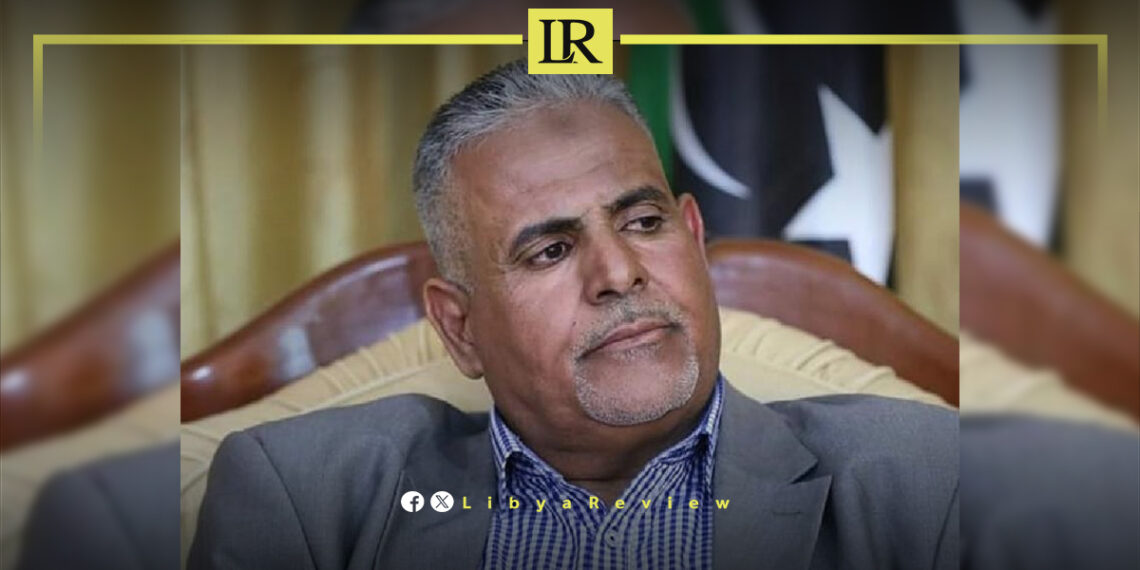Jibril Ouhaida, a member of the Libyan House of Representatives, strongly criticised the United Nations Support Mission in Libya (UNSMIL), accusing it of managing the country’s political crisis rather than working to resolve it. He argued that the UN’s latest roadmap fails to reflect the will of the Libyan people and instead perpetuates division and instability.
In an interview with Al-Masar TV, Ouhaida said the UN mission has repeatedly pushed Libya back to “square one” whenever progress toward national consensus was within reach. He described this pattern as a deliberate effort to prolong the crisis and serve external agendas. “UNSMIL seems more interested in controlling the process than in achieving a genuine solution,” he said.
Ouhaida criticised the new UN roadmap presented by Special Representative Hanna Tetteh, saying it entrenches exclusion and undermines Libya’s sovereignty. He objected to its proposed quota system allocating 35% of parliamentary seats to women and minorities, arguing that Libya’s challenges are political and institutional—not social or ethnic. “Libya’s problem is not about gender or minorities,” he said. “The Libyan people are united, and women already enjoy rights greater than in many neighboring countries.”
The lawmaker emphasized that both the House of Representatives and the High Council of State had already reached a consensus on a clear electoral framework, including laws drafted by the 6+6 Joint Committee. These, he said, provide a legitimate foundation for presidential and parliamentary elections. He accused UNSMIL and factions in Tripoli of obstructing their implementation to maintain political control.
Ouhaida also warned against attempts to bypass Libya’s existing institutions or impose new transitional bodies through appointments rather than elections. “We reject any scenario similar to Geneva,” he said, referring to the 2021 UN-sponsored political process.
He concluded by reaffirming that Libya’s path forward must be determined by its people through free and fair elections, not by external actors. “The only solution,” he said, “is to respect the laws agreed upon by Libyans themselves.”


